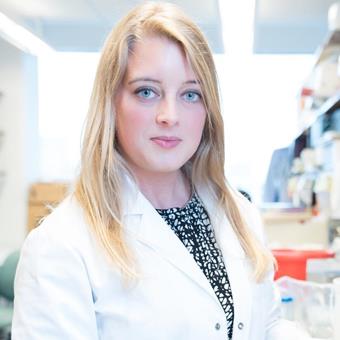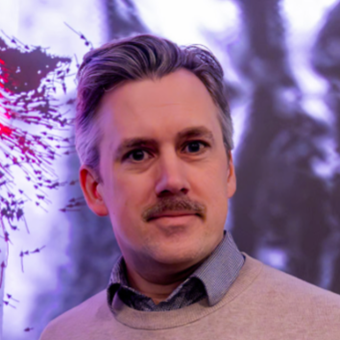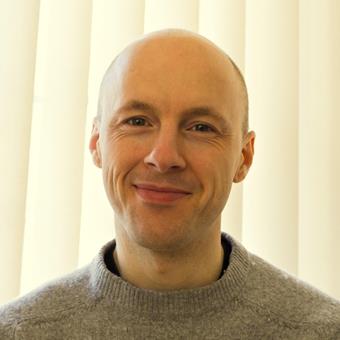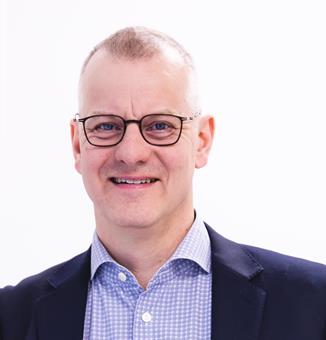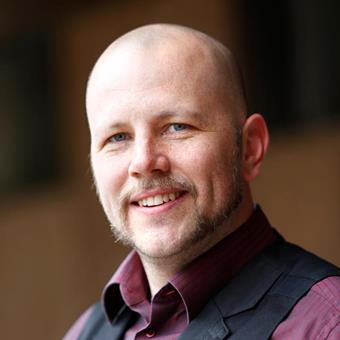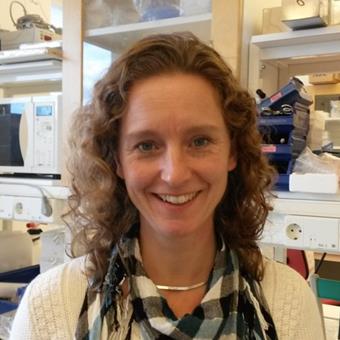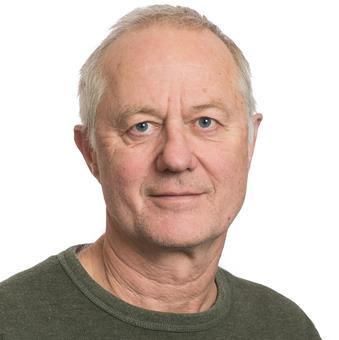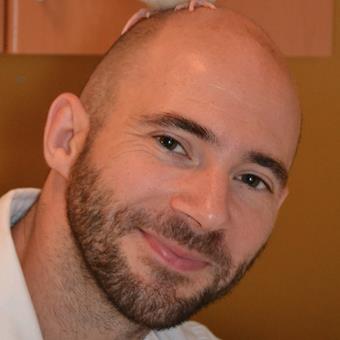A SciLifeLab Group Leader is defined as a key player in the development of SciLifeLab, locally and/or nationally. The role is based on a strong contribution to the five goals of the national SciLifeLab organization:
- Develop and provide excellent life science infrastructure.
- Strengthen scientific communities, capabilities, and international collaborations.
- Transform life science data into knowledge.
- Attract and foster scientific excellence and provide advanced training.
- Support innovation and bridge-building for the benefit of society.
The benefits that come with the assignment include access to research grants, events and an extensive network. Group Leaders also have obligations such as tagging SciLifeLab in their publications and following SciLifeLab's Open Science Policy and Code of Conduct.
New Group Leaders are nominated annually, followed by an extensive selection process. In February 2025, approximately 350 Group Leaders were appointed, including DDLS and SciLifeLab fellows, Heads of Units and Platform Managers. Existing Group Leaders are evaluated every four years. For more information about SciLifeLab Group Leaders, visit SciLifeLab.
Are you considering to apply to be a SciLifeLab Group Leader? Contact us linkoping@scilifelab.se.
